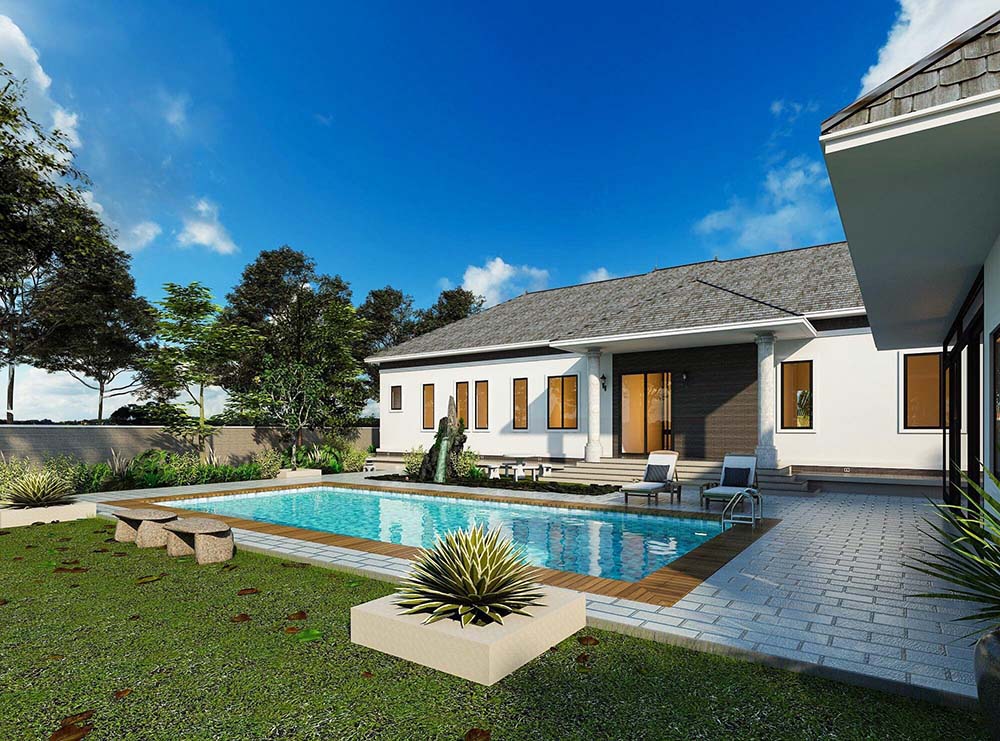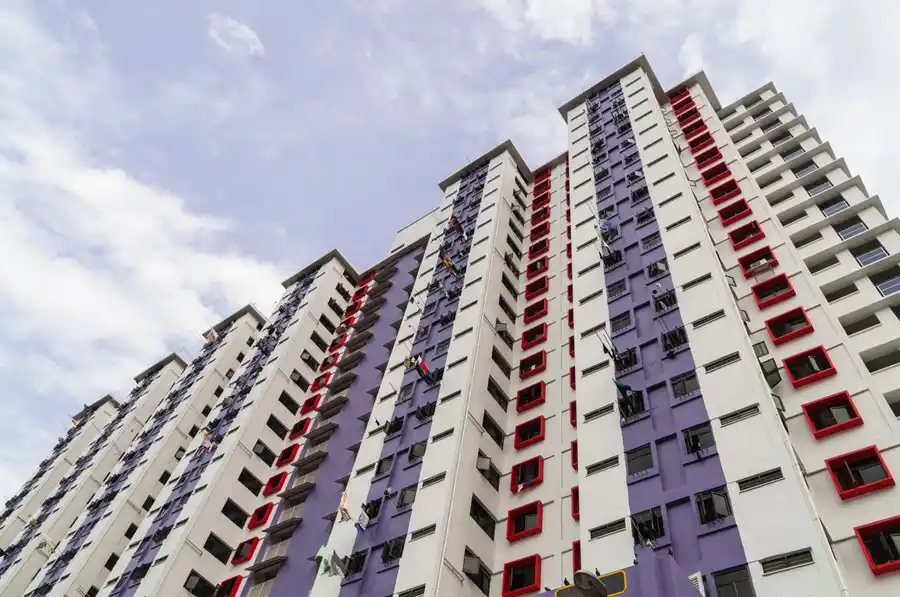What Are Affordable Housing Options for Low-Income Seniors?

With the rising cost of living, seniors on fixed incomes may face challenges in affording housing. Therefore, it’s crucial to discover a suitable community where they can enjoy a comfortable life. Low-income seniors have various housing options available, including government programs, subsidies, and alternative affordable housing solutions. To find affordable senior housing, conducting an online search is recommended.
Different housing programs may have specific eligibility criteria for low-income seniors. To determine if you qualify for low-income housing, conduct online research to learn more about the requirements.
Here are six types of housing options that low-income seniors can explore:
Co-op Housing

Cooperative housing, an increasingly popular option among seniors, is designed to enhance their quality of life. Property owners are actively seeking to improve the living conditions of seniors in these communities. According to the Senior Cooperative Foundation Board, there are currently more than 125 senior co-ops offering over 7,700 units to accommodate more than 10,500 residents.
For seniors, investing in a co-op home can be a cost-effective choice. It involves purchasing shares in the corporation that owns the building, which grants residents the right to lease a specific unit and access common areas. Over time, the value of your shares may appreciate by one to two percent annually, potentially resulting in a modest return.
Another advantage of residing in co-op housing is the opportunity to apply for membership, which provides senior residents with voting rights in decisions related to building management. Additionally, you can save money by utilizing shared amenities rather than purchasing them individually.
Exploring Virtual Retirement Communities

If you wish to continue residing in your current home while seeking cost-effective solutions, consider exploring virtual retirement communities. This digital platform offers affordable access to senior living services in your local area.
With an annual membership, you can benefit from various services, including:
- Home repairs
- Transportation assistance
- Pet care services
- Attending assemblies and lectures with senior service providers
- Housekeeping support
Although this approach doesn’t directly reduce housing expenses, it allows you to enjoy the advantages typically associated with traditional retirement communities without the substantial costs they entail.
Annual membership fees can start as low as $450 for individuals and $600 for couples.
Public Housing

Seniors who meet the criteria as low-income individuals are eligible to apply for public housing. There are over 1.2 million households residing in public housing units, which can encompass various types of residences, including single-family homes and high-rise apartments. As long as you adhere to the lease terms, you have the option to continue living in public housing indefinitely.
Living in public housing enables seniors to remain within their familiar communities. Approximately 31 percent of public housing units are occupied by seniors. This option is more cost-effective compared to retirement communities, as the expenses are determined based on the highest of the following factors:
- 30 percent of your monthly income after deductions.
- 10 percent of your monthly income.
- Your welfare rent, if applicable.
- An amount specified by the local housing agency, which typically falls within the range of $25 to $50.
For additional information about public housing, reach out to your local Public Housing Agency, which manages and oversees these local housing programs.
Housing Choice Voucher

Another option to consider instead of public housing is the Housing Choice voucher program. This federal initiative is intended to provide low-income families and seniors with financial assistance for their monthly rent. Unlike public housing, this program offers the flexibility to choose your place of residence.
To be eligible, your income should not surpass 50 percent of the median income in your local area. The specific voucher amount you receive can differ among seniors, with the maximum housing assistance determined by your local Public Housing Agency. Landlords must agree to participate in this program for seniors to rent under it.
Section 202 Supportive Housing

The Section 202 Supportive Housing for the Elderly program focuses on increasing the availability of affordable housing that includes supportive services specifically tailored for seniors. Unlike the Housing Choice Voucher program, Section 202 is exclusively designed for seniors.
This program serves two primary purposes:
- Offering financial support and operational assistance to nonprofit organizations engaged in the construction, rehabilitation, or acquisition of supportive housing for very low-income elderly individuals.
- Providing rental assistance through Project Rental Assistance Contracts, covering the gap between the reduced rents that eligible seniors pay and the operational expenses of a specific development.
The communities established through this funding can vary in terms of services offered, but they generally aim to enable seniors to maintain independent living while receiving support with tasks such as cleaning, cooking, transportation, and other daily needs.
To qualify for Section 202 assistance, at least one member of your household must be 62 years of age or older.
Low-Income Housing Tax Credit

The Low-Income Housing Tax Credit (LIHTC) is a federal program aimed at ensuring an adequate supply of affordable housing for those in need. From 1995 to 2017, over 107,000 units were made available through this initiative.
Property owners allocate units for low-income individuals and agree to the government’s stipulated rent amounts to participate in the program and be eligible for federal tax credits. Seniors can explore this opportunity by applying for LIHTC housing within their community. To find available units, you can visit websites dedicated to affordable housing that feature information on the LIHTC program.
Search Online to Find Affordable Housing
Housing options are available to you as a low-income senior. Various programs are designed to make comfortable living accessible to you. Begin your online search to determine if you meet the eligibility requirements and to acquire information on the application process for affordable housing.

